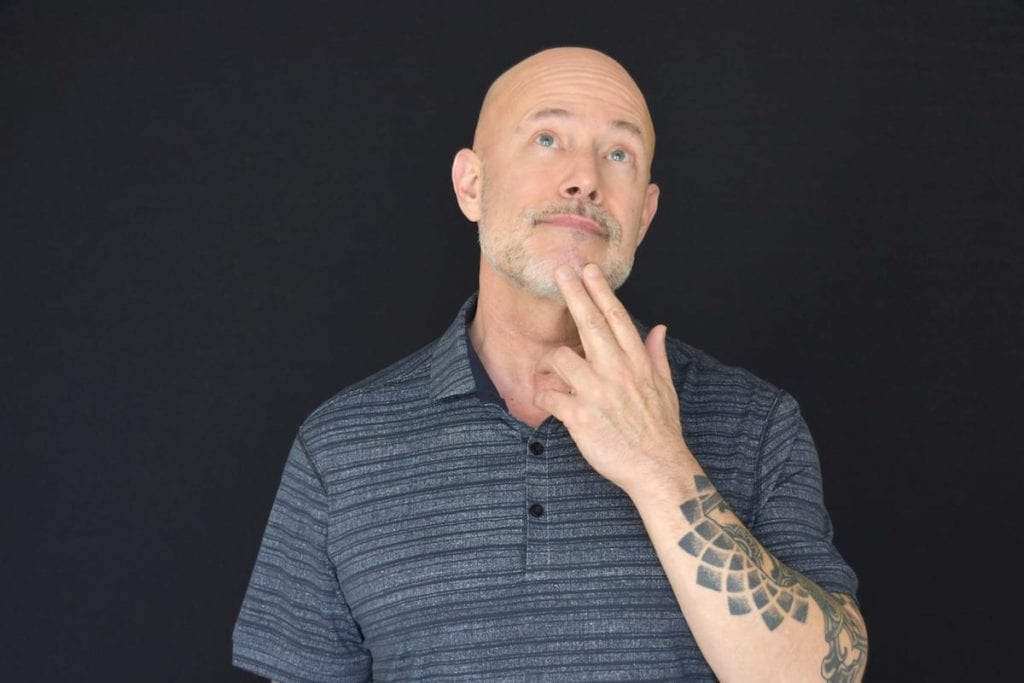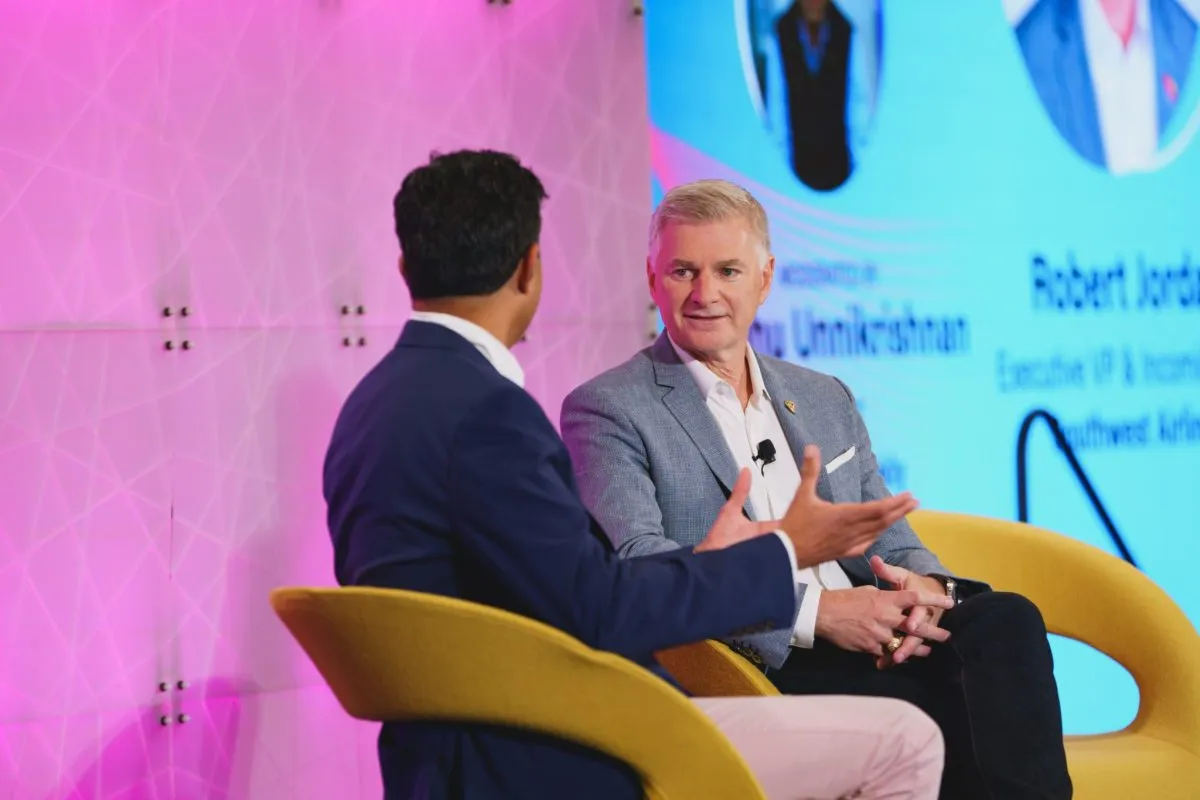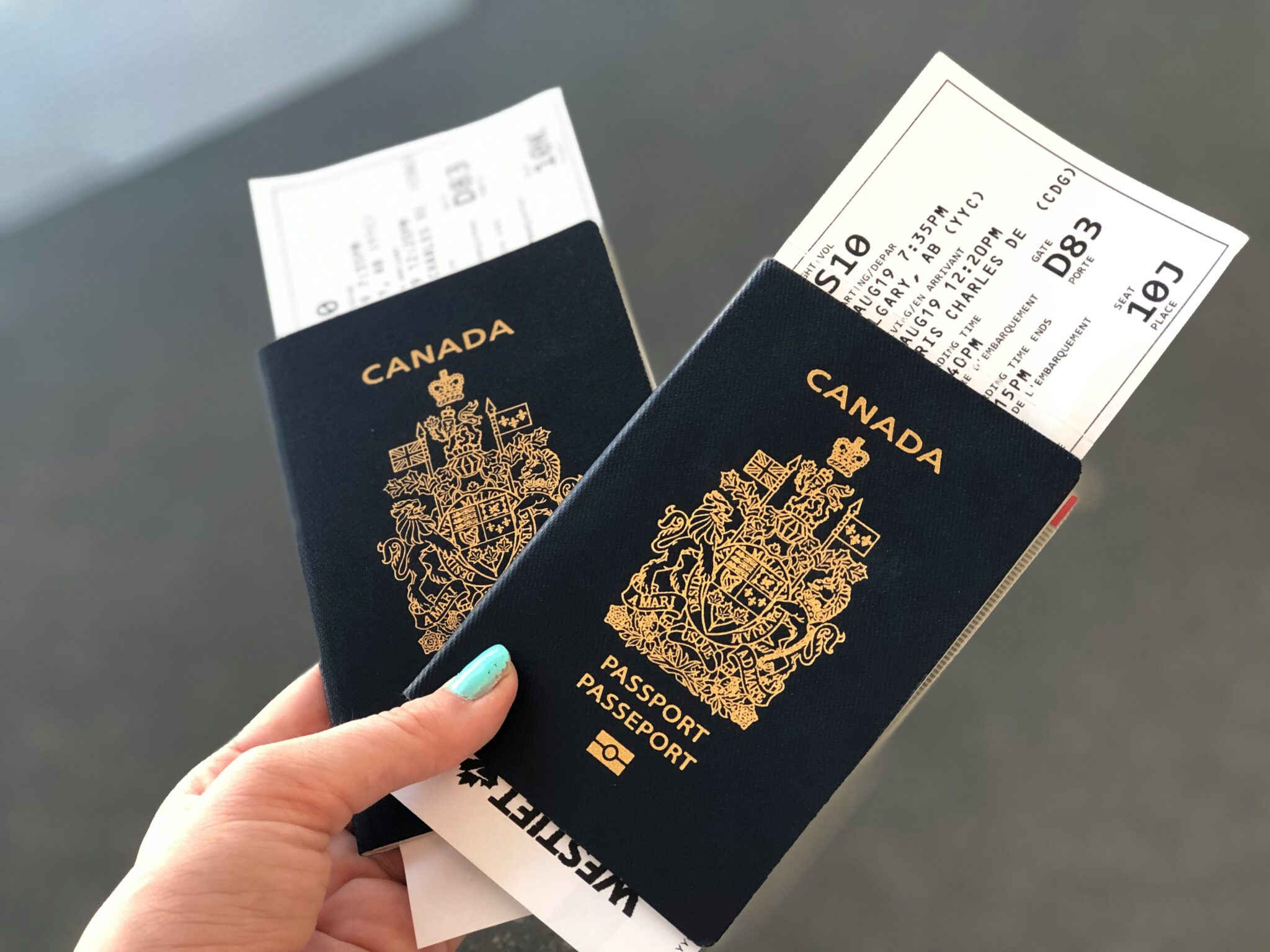Travel Advisors Are Selling Concierge Services — Just Don't Call Them Fees

Skift Take
For nearly 20 years, Nolan Burris, owner of Future Proof Travel Solutions and a frequent presenter at industry conferences, has been on a mission to get travel advisors to be less reliant on commissions and more reliant on service fees.
While some headway has been made, Burris is now shifting his message into high gear, insisting that many advisors are still a long way from realizing the rewards that come from playing a true consultancy role.
“The barrier has been broken with charging fees, but the reality is that most advisors are not charging anywhere near enough,” he said. “My first objective was to get people to charge fees. Now it’s to get them to do so in a way for the world we live in now.”
Burris is in the process of retooling his website,, and preparing a new series of courses and videos to be launched in the coming months. He also created the new Professional Fees training program for the American Society of Travel Advisors, which is part of the organization’s Verified Travel Advisor certification program.
Skift recently spoke with Burris to get his view on how travel advisors can take service fees to the next level.
Skift: How is the concept of agency service fees evolving?
Nolan Burris: The old approach was to make people pay fees. The new approach is to create a service package that people actually want to buy. In fact, the best agencies don’t even call it a fee anymore. It’s time to stop using the f-word and start using the s-word. It’s about selling service.
Skift: What do you mean by a service package?
Burris: A service package is separate from the cruise or tour and has value on its own. It can consist of price comparisons, support with suppliers, cruise pre-registration, restaurant recommendations — all kinds of concierge-style services that agencies didn’t used to get involved in. Now there are agencies who primarily sell information.
Skift: Is the market potential there?
Burris: Absolutely. The consumer is prepared to pay for service—they are used to it in other realms. A couple on vacation may spend $125 to check their luggage each way, $100 at Starbucks and $200 for a spa treatment. So a $50 fee is nothing.
Among those most willing to pay a premium fee are Millennials. They’re not looking for you to make a booking or even to save them time—they like doing their own research online. What they want is advice and guidance, an advocate looking out for their best interest and to take care of them if something goes wrong. They are willing to pay for real consulting advice.
Skift: What kind of revenue are most agencies now getting from service fees?
Burris: The average fee is only between $25 and $75. You have to ask yourself if you can really wow people for that amount of money. It’s not what you charge, it’s what you do for it.
Skift: Do you see a big difference among agencies when it comes to realizing the revenue potential of service fees?
Burris: I was at roundtable discussion about fees during a recent conference for travel agency owners. One said I have trouble charging $25 and getting people to pay it, while another said I charge $750 and don’t get pushback. Also at the conference, I heard about an agency that charged $100,000 in service fees for an around-the world tour by private jet.
Skift: What accounts for this huge disparity?
Burris: The problem is usually with how the charge is presented. Don’t say ‘I’m charging you $50 to book your cruise,’ say ‘I have a service enhancement package for you.’ It’s a whole other conversation. You’re dead in the water if you say you’re charging a booking fee for the transaction. The travel advisor who gets the $750 fee would never get it if she said I’m charging you to book your trip.
It’s also important to not present your fee apologetically. You need to sell your service package with the same enthusiasm that you do with a cruise or tour.
Skift: Is it only luxury travel agencies who are successful with charging fees?
Burris: It’s not just the high-end customer who will pay for service. I have a friend in Wisconsin who does mass-market cruises and charges a $250 service fee. It’s a matter of creating something the customer finds worth paying for.
Skift: How did you come to be a consultant for travel agencies and consortia? What is your background?
Burris: Forty years ago, I was a sax player and aspiring jazz musician in Tulsa, but that didn’t pay the rent very well. I was waiting for the bus one day in front of a travel agency and decided to give that a try. I went to travel school and eventually got into management at agencies in the Chicago area.
When the PC was released by IBM in 1983, I was smitten and the tech side of travel became my specialty. I moved to Vancouver to work for Uniglobe, which was going online with one of the first travel agency websites. When the airlines chopped commissions, Uniglobe, as did other agencies, took a big hit. I could see that the relationship between agencies and consumers needed to evolve.
I quit Uniglobe and started Future Proof Travel Solutions in 1999. The idea was to come up with strategies and training programs on how to be more future proof, to insulate your agency from the crazy stuff that happens in this industry.
Skift: So how does an agency become future proof?
Burris: To be future proof you have to be able to give people what they really want. What they really want is not just a booking — they can do that with a smart phone. What’s needed are the skill sets of being a consultant and there’s not a lot of training on this. You are taught to be a salesperson, but not the business strategies you need to be a consultant. We want to make it easy for the typical agency to be a consultant.





